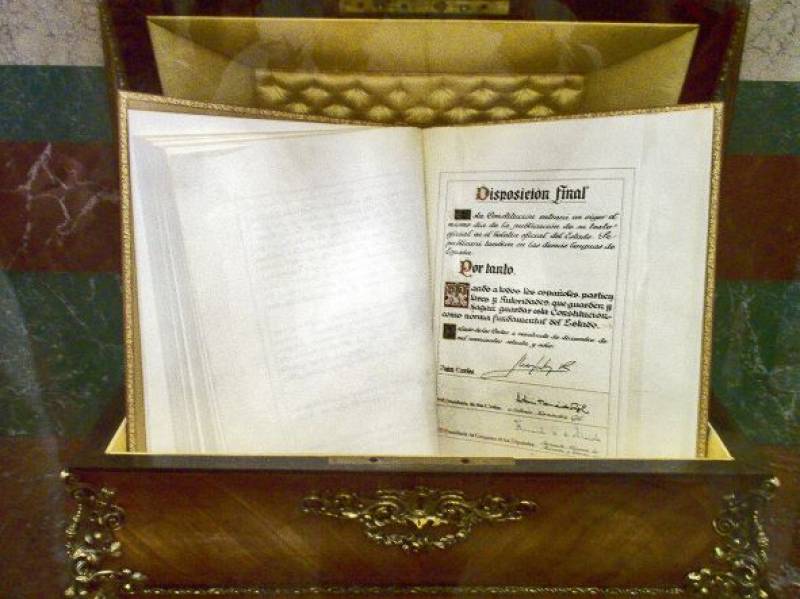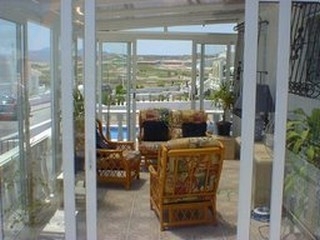- Region
- Águilas
- Alhama de Murcia
- Jumilla
- Lorca
- Los Alcázares
- Mazarrón
- San Javier
-
ALL AREAS & TOWNS
- AREAS
- SOUTH WEST
- MAR MENOR
- MURCIA CITY & CENTRAL
- NORTH & NORTH WEST
- TOWNS
- Abanilla
- Abarán
- Aguilas
- Alamillo
- Alcantarilla
- Aledo
- Alhama de Murcia
- Archena
- Balsicas
- Blanca
- Bolnuevo
- Bullas
- Cañadas del Romero
- Cabo de Palos
- Calasparra
- Camping Bolnuevo
- Campo De Ricote
- Camposol
- Canada De La Lena
- Caravaca de la Cruz
- Cartagena
- Cehegin
- Ceuti
- Cieza
- Condado de Alhama
- Corvera
- Costa Cálida
- Cuevas De Almanzora
- Cuevas de Reyllo
- El Carmoli
- El Mojon
- El Molino (Puerto Lumbreras)
- El Pareton / Cantareros
- El Raso
- El Valle Golf Resort
- Fortuna
- Fuente Alamo
- Hacienda del Alamo Golf Resort
- Hacienda Riquelme Golf Resort
- Isla Plana
- Islas Menores & Mar de Cristal
- Jumilla
- La Azohia
- La Charca
- La Manga Club
- La Manga del Mar Menor
- La Pinilla
- La Puebla
- La Torre
- La Torre Golf Resort
- La Unión
- Las Palas
- Las Ramblas
- Las Ramblas Golf
- Las Torres de Cotillas
- Leiva
- Librilla
- Lo Pagan
- Lo Santiago
- Lorca
- Lorquí
- Los Alcázares
- Los Balcones
- Los Belones
- Los Canovas
- Los Nietos
- Los Perez (Tallante)
- Los Urrutias
- Los Ventorrillos
- Mar De Cristal
- Mar Menor
- Mar Menor Golf Resort
- Mazarrón
- Mazarrón Country Club
- Molina de Segura
- Moratalla
- Mula
- Murcia City
- Murcia Property
- Pareton
- Peraleja Golf Resort
- Perin
- Pilar de la Horadada
- Pinar de Campoverde
- Pinoso
- Playa Honda
- Playa Honda / Playa Paraíso
- Pliego
- Portmán
- Pozo Estrecho
- Puerto de Mazarrón
- Puerto Lumbreras
- Puntas De Calnegre
- Region of Murcia
- Ricote
- Roda Golf Resort
- Roldan
- Roldan and Lo Ferro
- San Javier
- San Pedro del Pinatar
- Santiago de la Ribera
- Sierra Espuña
- Sucina
- Tallante
- Terrazas de la Torre Golf Resort
- Torre Pacheco
- Totana
- What's On Weekly Bulletin
- Yecla


- EDITIONS:
 Spanish News Today
Spanish News Today
 Alicante Today
Alicante Today
 Andalucia Today
Andalucia Today
article_detail
The Spanish Constitution: what it is and why it is so important
Spain has a constitution that was signed in 1978 and forms the basis of the Spanish political and legal systems

On December 6 every year, Spain celebrates a national holiday for the occasion of the ‘Día de la Constitución’, or Constitution Day. But why do Spaniards celebrate their constitution on this day, and what do they do to mark the event?
Here’s the history and importance of the Spanish constitution:
The end of dictatorship
Constitution Day is celebrated on December 6 because this is the day in 1978 on which the Spanish as a nation voted in a referendum to approve the draft constitution prepared by the interim Parliament in October of 1978, following the death of dictator General Francisco Franco in 1975, marking the end of dictatorship and the beginning of democracy.
Essentially, this is the point at which modern Spain was created. Spain had had another constitution before, during the Second Republic, but this was abandoned when Franco came to power.
Spain has had no fewer than eight constitutions in the course of its history, which have been variously abolished by several monarchs. The first Spanish constitution, signed in 1812 by the Cortes of Cádiz, is probably the best known and affectionately called ‘La Pepa’.
The preamble to the current constitution was written by Enrique Tierno Galván, a politician, sociologist and lawyer who now has many streets named after him in Spain.
The original copy of the current Spanish constitution, which was signed by King Juan Carlos I, is now kept in the Congress building in Spain.
Its preamble reads as follows:
“The Spanish Nation, desiring to establish justice, liberty and security and to promotethe good of its members, in the exercise of its sovereignty, proclaims its will to:
- guarantee democratic co-existence under the Constitution and the law, consistent with a just social and economic order;
- consolidate a State of Law which assures the rule of law as an expression of the popular will;
- protect all Spaniards and peoples of Spain in the exercise of human rights, of their cultures and traditions, and of their languages and institutions
- promote the progress of culture and of the economy in order to ensure a worthy quality of life for all;
- establish a democratic and advanced society, and
- collaborate in the strengthening of peaceful relations and effective co-operation amongst all the peoples of the World”
What happens on the December 6 Constitution Day in Spain?
In many Spanish cities, the national holiday for the Día de la Constitución is marked with solemn flag ceremonies and readings promoting the spirit of democracy. For many, it is a day which engenders particular pride and a sense of patriotism, although in recent years there have been criticisms that the constitution is outdated, sexist, racist or classist, and as such needs to be updated.
The days leading up to Constitution Day are inevitably a chance for political groups to display their patriotism and snipe at one another for perceived slights to ‘Spanishness’.
The day itself is a public bank holiday in all of Spain, often combined with the December 8 Feast of the Immaculate Conception holiday to form a ‘puente’ or long weekend, so people get a break from work or school.
Image: Wikimedia commons
Loading
Sign up for the Spanish News Today Editors Roundup Weekly Bulletin and get an email with all the week’s news straight to your inbox
Special offer: Subscribe now for 25% off (36.95 euros for 48 Bulletins)
OR
you can sign up to our FREE weekly roundup!
Read some of our recent bulletins:
25% Discount Special Offer subscription:
36.95€ for 48 Editor’s Weekly News Roundup bulletins!
Please CLICK THE BUTTON to subscribe.
(List price 3 months 12 Bulletins)
Read more stories from around Spain:
Contact Murcia Today: Editorial 000 000 000 /
Office 000 000 000






















